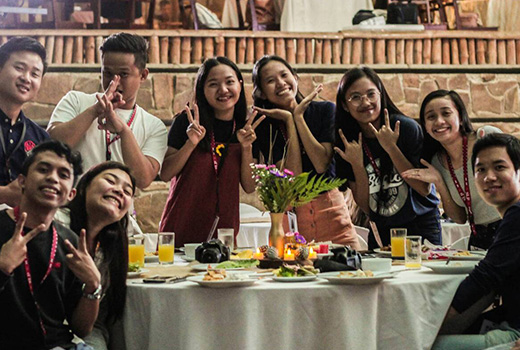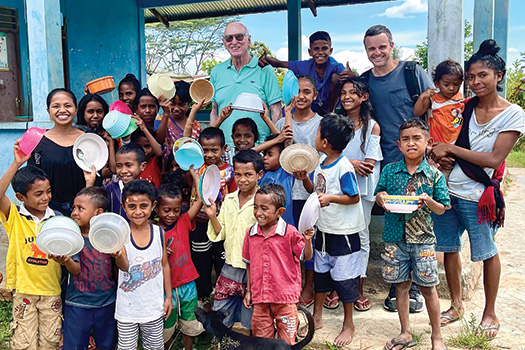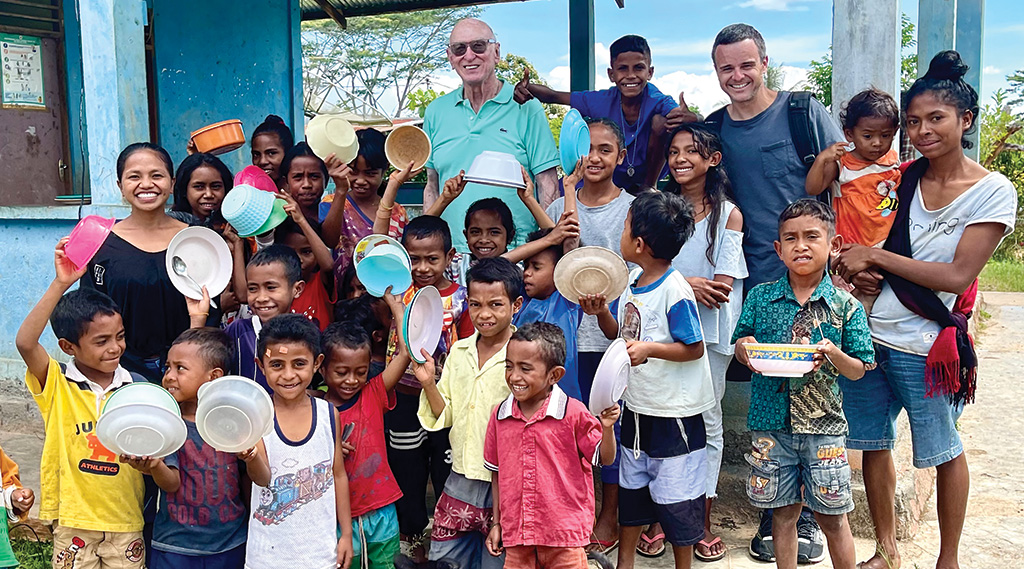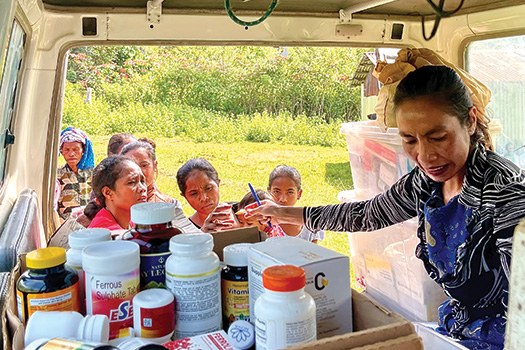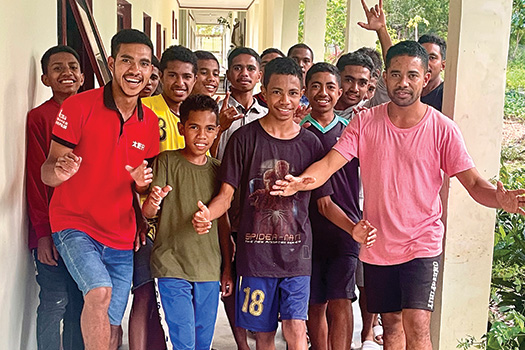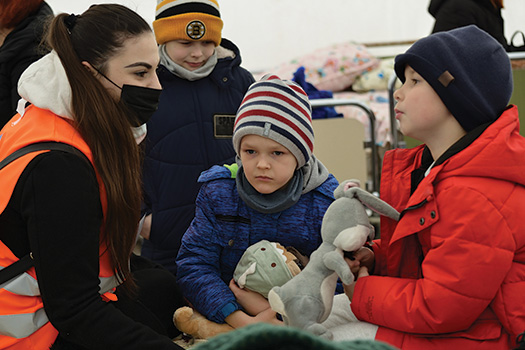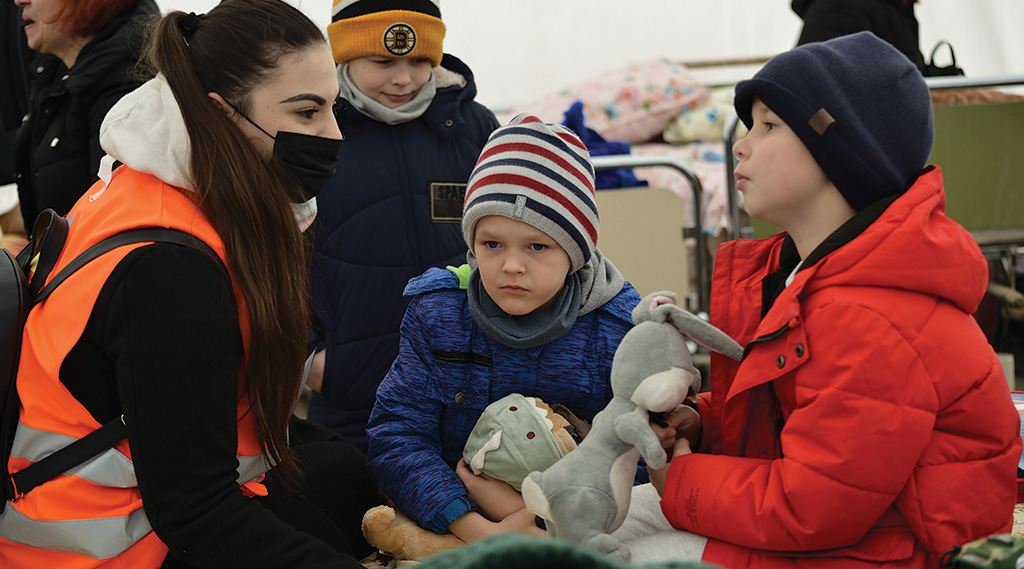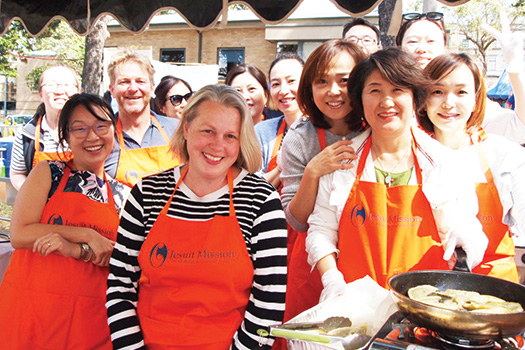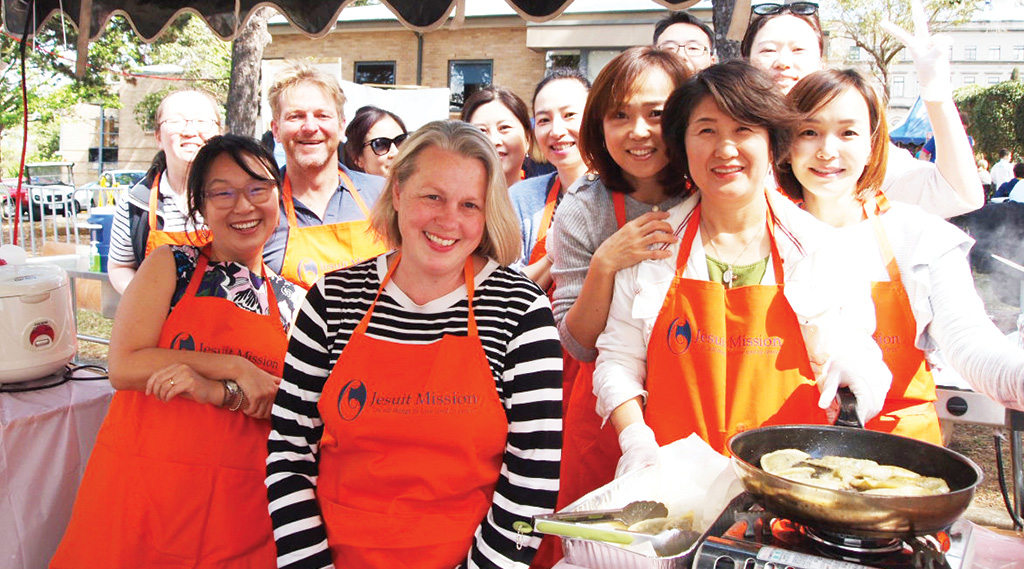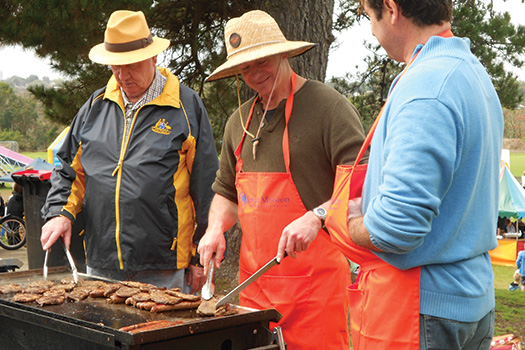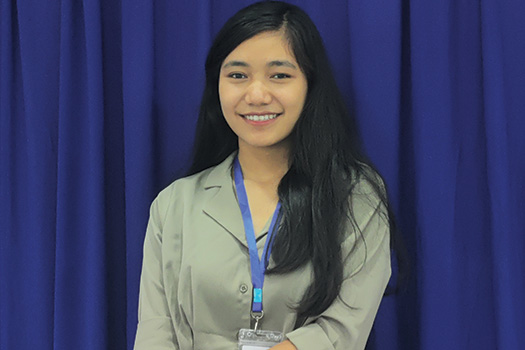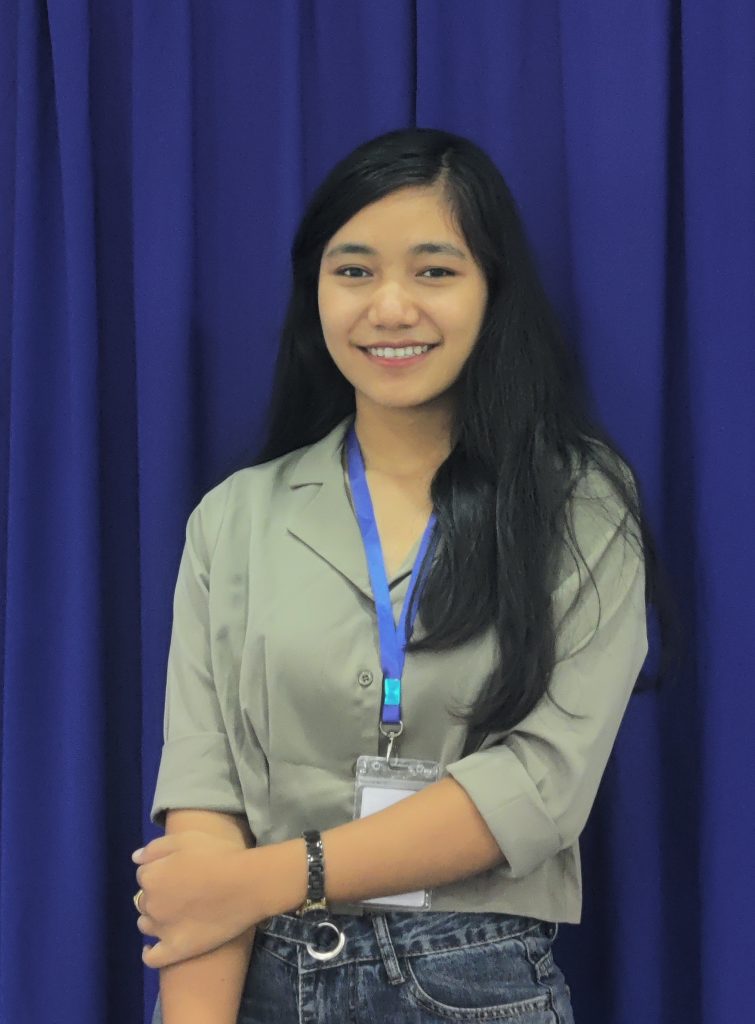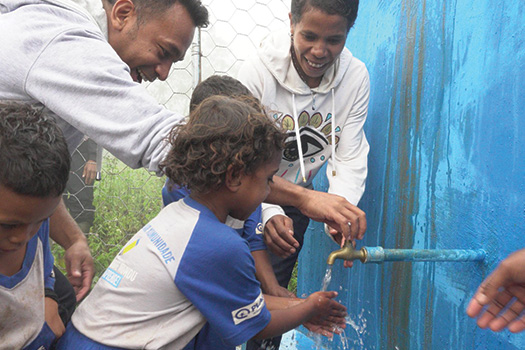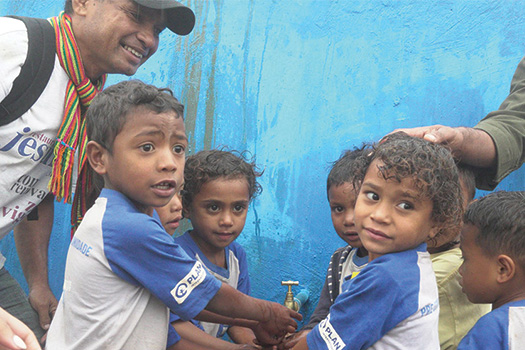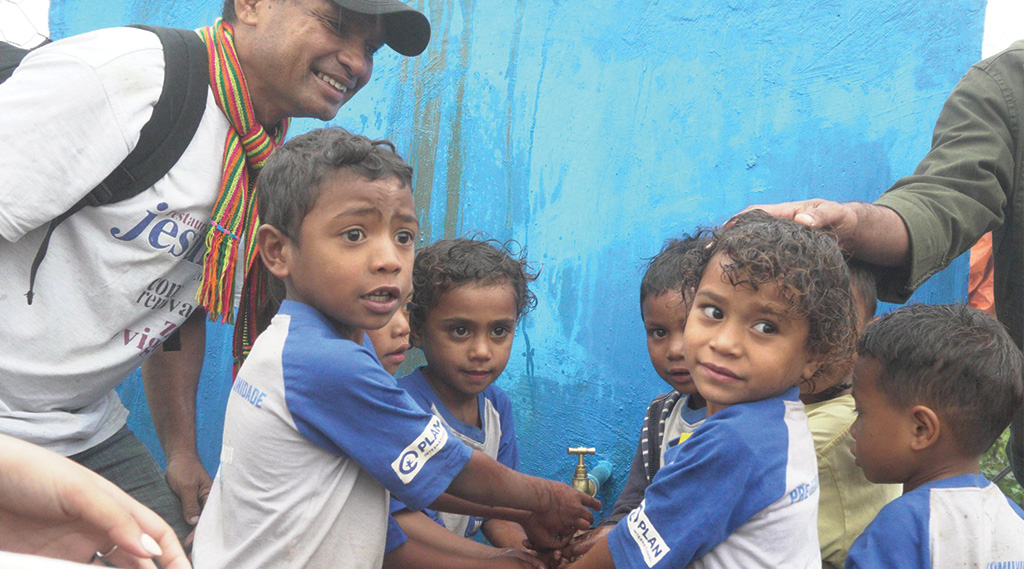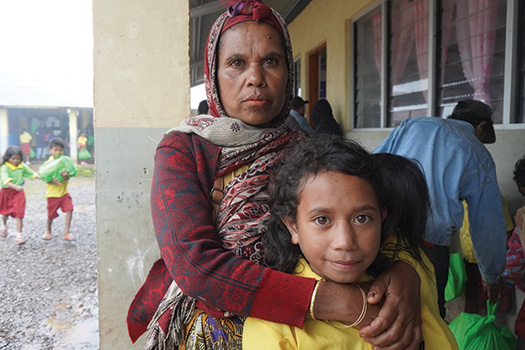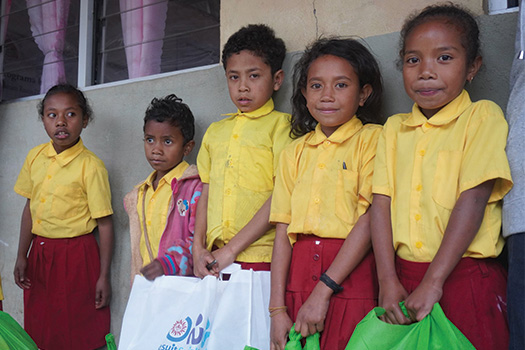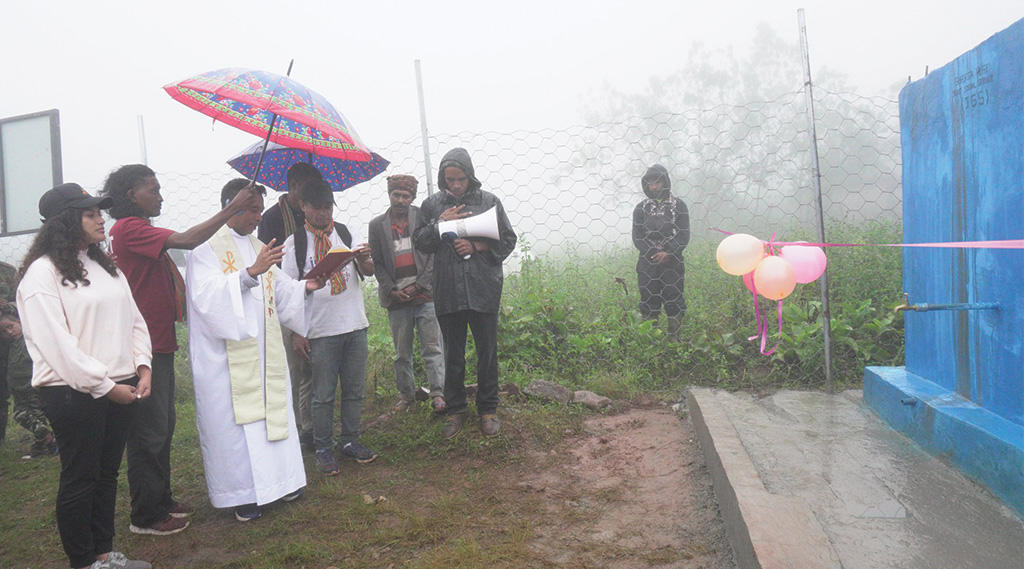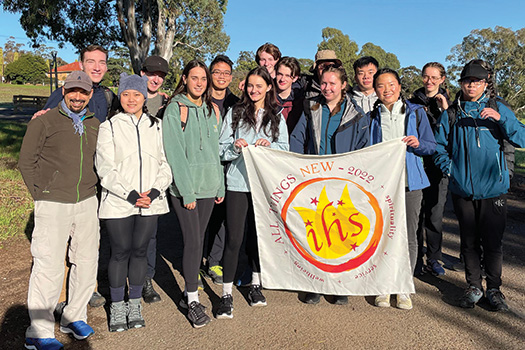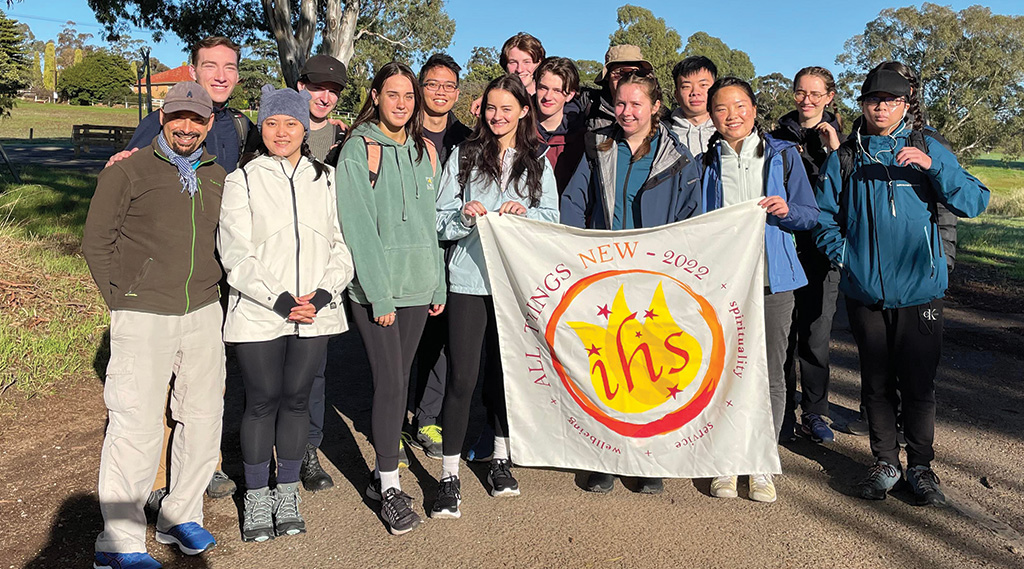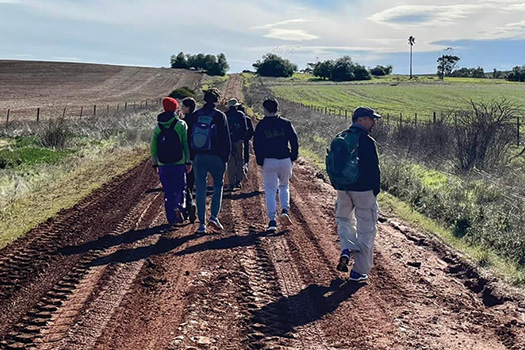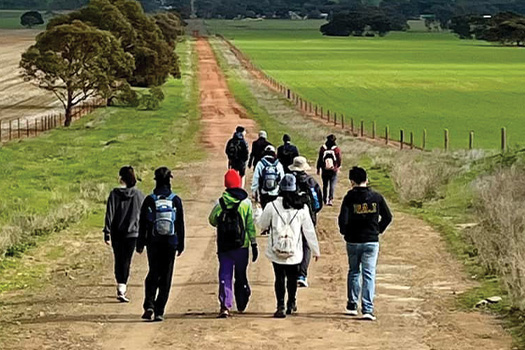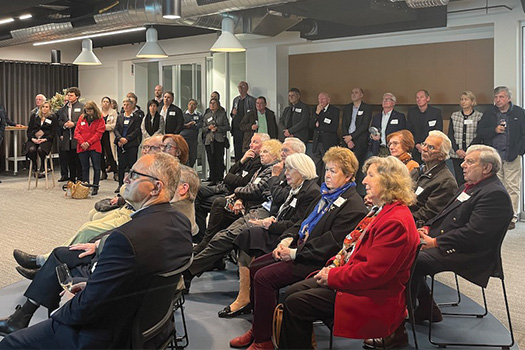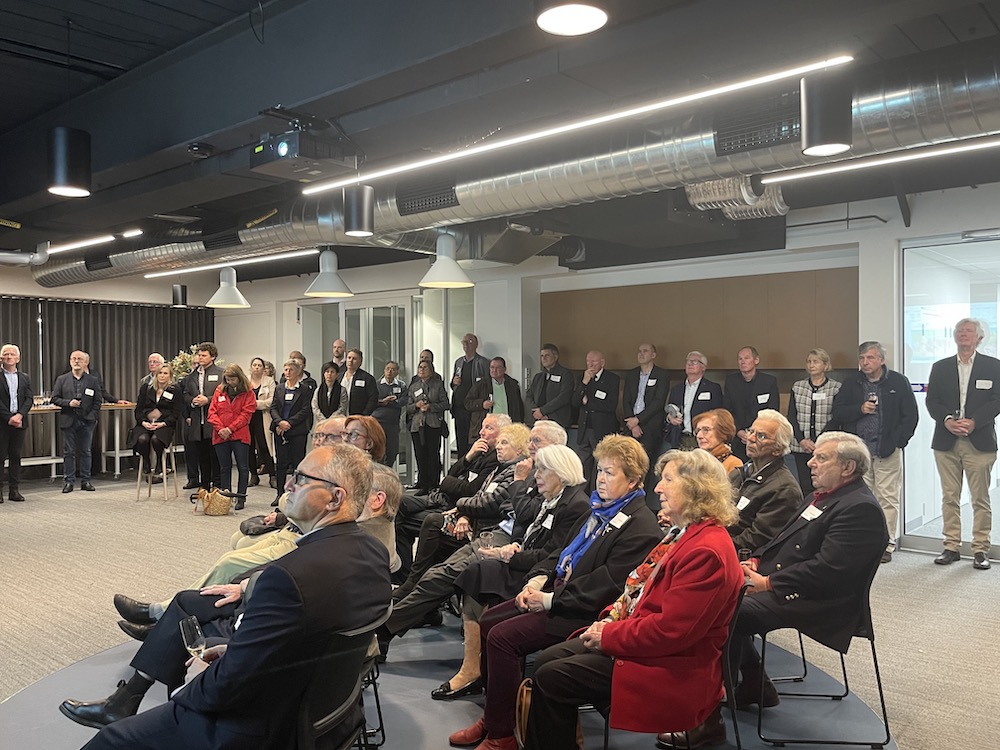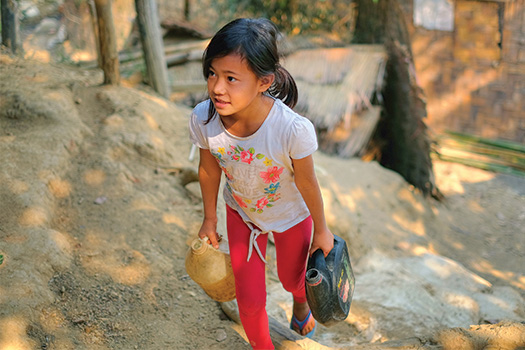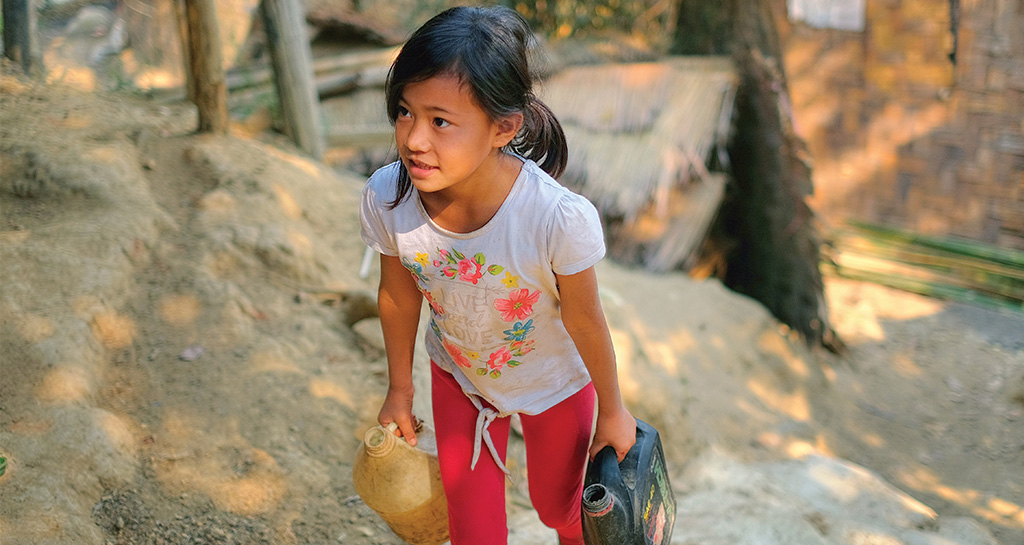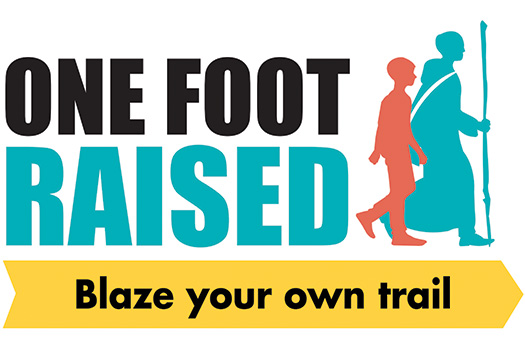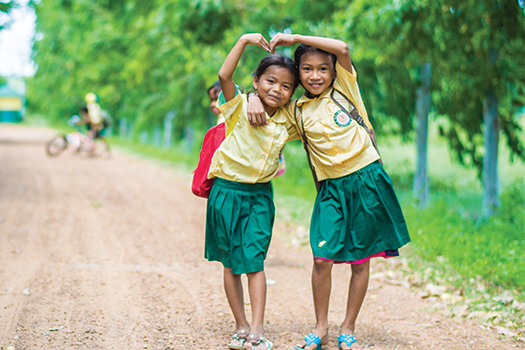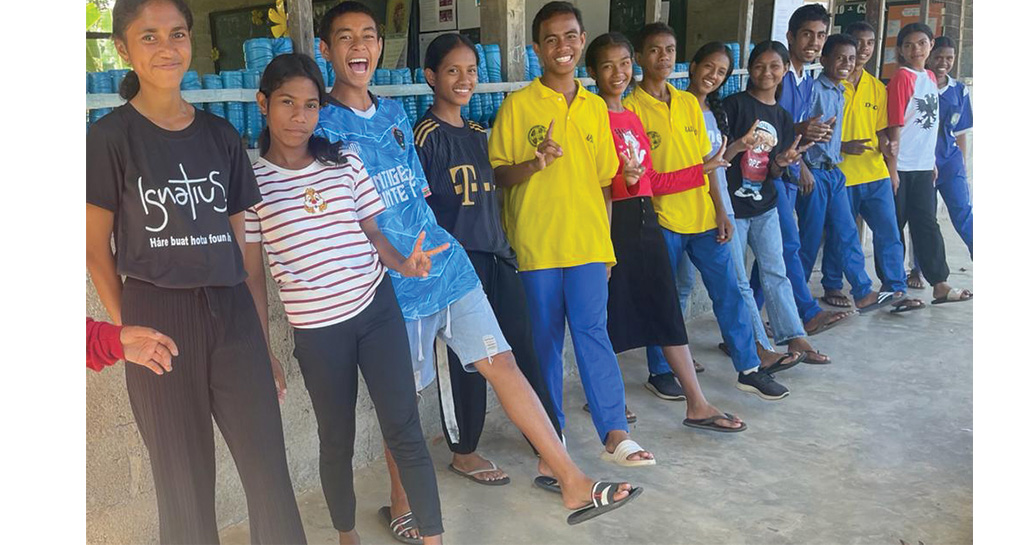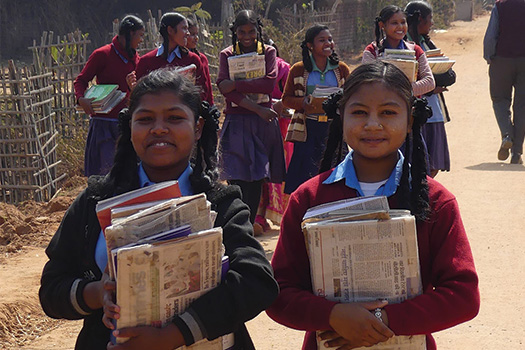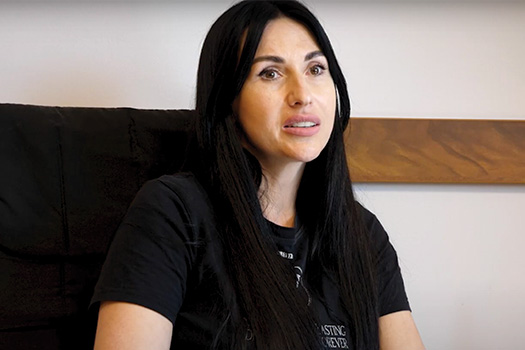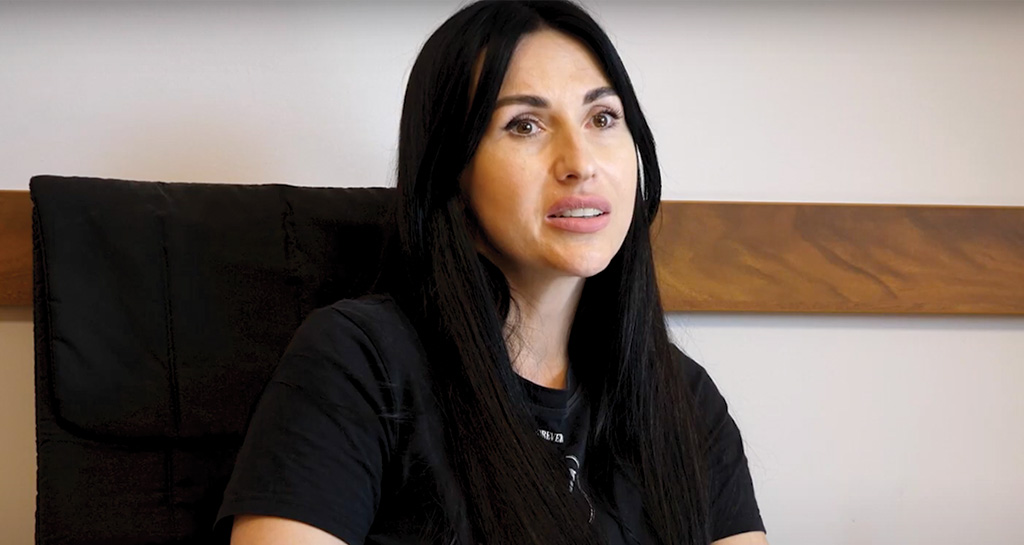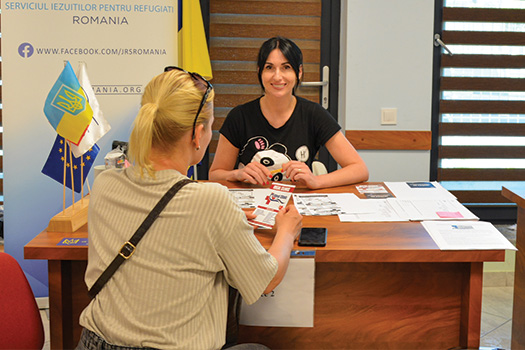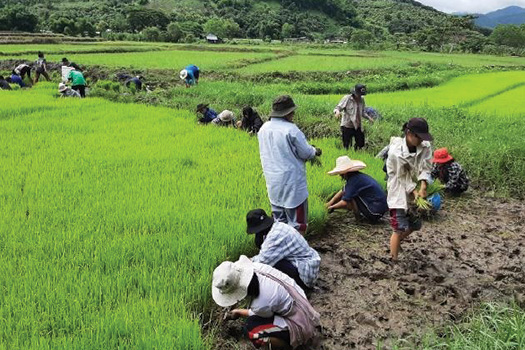
Forming indigenous youth as ‘agents for change’

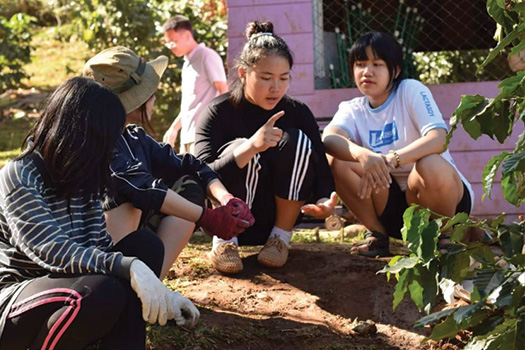
The education model of Xavier Learning Community (XLC) in Thailand is leading the way for other institutions to follow.
With an emphasis on social justice, XLC is an inclusive learning environment that welcomes and empowers university-age students from diverse ethnicities and cultures. Thanks to your generosity, this year XLC is educating 114 students from various indigenous groups including, Ahka, H’mong, Karen, Lanna and more.
“The institution attempts to provide a formation that allows these students to develop themselves fully and become ‘agents for change’ in the future,” writes Nopparat Ruankool SJ, (Fr Bee), previous Vice Rector of Administration at XLC, in his recently published article titled ‘A 'Learning Community' as a Social Justice Model for Catholic Education in Thailand.’
Run by the Jesuits in Thailand, XLC offers a bachelor’s degree in English with profession-based training, including eco-tourism and hospitality for students from vulnerable ‘Hill Tribes’ that often face stigma, discrimination and a lack of opportunity.
XLC is transforming the lives of individuals, families and communities from disadvantaged backgrounds, as indigenous students in Thailand often lack access to a quality education.
“To be able to provide a good formation, we accept students from different tribes and provinces … about 30–40 students per year. We also provide a qualitative space and time for students to develop themselves more holistically,” writes Fr Bee.
“Each day, the students share different activities together, such as, morning meditation, cooking, house-cleaning, sports, farming, social volunteering works, reflective sharing, and so on,” writes Fr Bee.
It is the spirit of a ‘learning community’ that forms XLC’s students in the Ignatian ethos to become leaders and inspire change in their communities.
Learning in community invites education both inside and outside the classroom, allowing the students at XLC to develop holistically through a formal education and their own local knowledge.
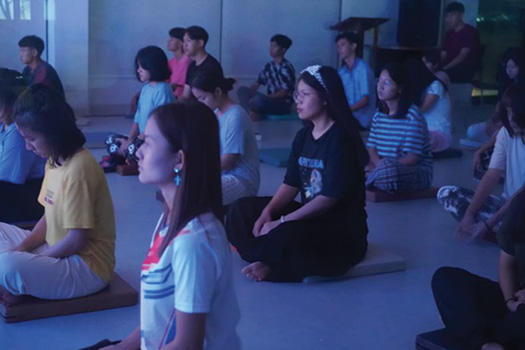
A single educational opportunity for these eager students has the power to change everything. Thanks to your generosity, you are a part of this transformation.
Click here if you would like to read Fr Bee’s recently published article on XLC titled ‘A 'Learning Community' as a Social Justice Model for Catholic Education in Thailand.'
First Spiritual Exercises - Prayer of Insuring Equality
Let us join together in the Prayer of Insuring Equality written by Fr Michael Hansen SJ, National Director of the First Spiritual Exercises Program.

